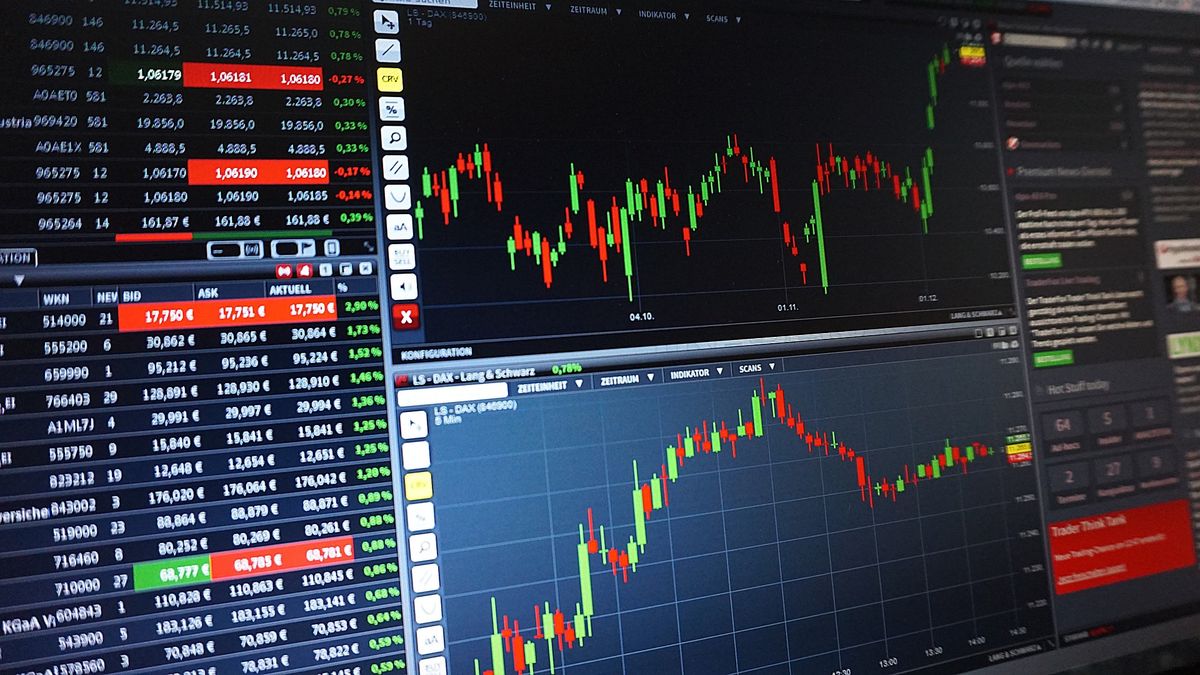Argentine stocks plunged more than 8% on Wall Street This Friday, March 10, in line with the collapse of foreign markets worried about the health of US banks, after regulators had to close a high-profile technology lender (SVB bank), overshadowing a February jobs report.
Meanwhile, internally prices were readjusted downwards in reaction to the millionaire debt swap that was completed the Government to alleviate short-term maturities, in a complex year where presidential elections are held. The Government exchanged 4.34 trillion pesos (about 21,660 million dollars) in domestic debt the day before, which implied an adhesion of 64% of the titles offered in two amortizable options in 2024 and 2025.
So things, the Buenos Aires stock market lost a strong 4.5%, to 236,419.44 units. The falls were led by Central Port (-6.7%); Transportadora de Gas del Norte (-6.7%); and YPF (-6.3%).
YPF expects to double oil production and increase natural gas production by 30% in the next five years, Finance Manager Alejandro Lew said.
In Wall Streeton the other hand, the shares of Argentine companies they scored heavy knockdowns. The ADR that lost the most was Central Puerto, which fell 8.3%. It was followed by YPF, with a fall of 7.9%, and those of BBVA and Pampa Energía, with a decrease of 7.6%.
The YPF oil company announced profits of 464 million dollars between October and December, compared to 247 million dollars in the same quarter of 2021.
The Government exchanged 4.34 trillion pesos (about 21,660 million dollars) in domestic debt on Thursday, which implied an adhesion of 64% of the titles offered in two amortizable options in 2024 and 2025. “We estimate a private adherence of at least 30%. The bad result occurs despite having offered a large number of incentives to the banks: ‘puts’ to guarantee an exit strategy, the possibility of matching the bonuses to be received and prizes of up to 1.4% on the value of the basket received”, said from Cohen Financial Allies.
According to market estimates, around 30% of private holdings would have entered. This operation was supported by banks and other private holders. However, other institutional investors and corporate treasuries did not enter due to their short-term investment horizon,” Delphos Investment commented.
operators await news on the progress of the country’s negotiations with the International Monetary Fund (IMF) for a reduction in the reserves goals of the Central Bank (BCRA), when the local economy slows down and agriculture cuts its contribution of foreign currency due to a historic drought.
The Rosario Stock Exchange said that the drought it lowered the forecast for soybean, wheat and corn harvests by 50 million tons. “Even with the higher prices, the loss of net income from the producing sector already amounts to 14.140 million dollars, and the impact on the economy reaches 3 points of GDP,” said the report, noting that “estimated net exports fall by 40 % compared to the previous year to 21,740 million dollars”.
The BCRA board will ratify its reference rate of 75% per year next week amid strong inflationary pressure that is projected at 100% per year, an adviser to the monetary entity with knowledge of the matter told Reuters on Friday.
On the other hand, the head of the US Federal Reserve, Jerome Powell, suggested that higher and possibly faster rate hikes will be necessary to curb inflation.
Bonds and country risk
Meanwhile, Argentine bonds in dollars showed falls of up to more than 4% this Friday: the Bonar 2035 yielded 4.2%; Global 2030 lost 4.1%; and Bonar 2030 decreased by 3.8%. The only one that behaved upward was Global 2038, with a rise of 2.9%.
“All local law bonds accumulate a negative performance in 2023, with the exception of ‘AL30′”, said from Cohen Financial Allies, and pointed out that “With this, the parities are at 28.6%.”
Indeed, the country risk measured by the JP Morgan bank rose 2.2% to 2,195 basis points.
Global rating agency S&P on Thursday cut Argentina’s local currency debt note to ‘SD/SD’ (Selective Default) from ‘CCC-/C’.
Source: Ambito
I am a 24-year-old writer and journalist who has been working in the news industry for the past two years. I write primarily about market news, so if you’re looking for insights into what’s going on in the stock market or economic indicators, you’ve come to the right place. I also dabble in writing articles on lifestyle trends and pop culture news.




